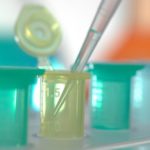 Ever feel like your doctor’s orders don’t really match up with what your body wants or needs? Well, you’re not alone. And there’s a whole new wave of doctoring just around the corner, deemed “personalized medicine,” which uses DNA sequencing to develop treatments designed around your unique genes.
Ever feel like your doctor’s orders don’t really match up with what your body wants or needs? Well, you’re not alone. And there’s a whole new wave of doctoring just around the corner, deemed “personalized medicine,” which uses DNA sequencing to develop treatments designed around your unique genes.
What that means: In most cases, all it takes is a blood sample or mouth swab for a lab to map your DNA, says Erica Woodahl, Ph.D., a biochemist at the University of Montana. “People with the same disease who are treated with the same medicine have different responses,” Woodahl explains. “If we can tailor a drug to a person’s specific genetic makeup, we can improve some of those responses and lower the odds of an adverse reaction.” After all, just as a size six won’t fit you if you’re a size two, not all treatments fit every patient.
Where We Are Now
Lots of people—even those who aren’t ill—are interested in learning more about their genetic material and how it might factor into their disease risk. A recent survey found that 98 percent of those polled would want to know if their DNA pointed to an increased risk for a life-threatening disease. Many women—including, most famously, Angelina Jolie—have used genetic testing to assess their risks for diseases like breast or ovarian cancer, and to take steps to address those risks.
And many large healthcare systems are already using DNA information to create more effective cancer and heart disease treatment programs. “Treatments based on a person’s genetic makeup are already in use and effective, particularly in the areas of cancer therapy and cardiovascular disease treatment,” says Woodahl.
But this form of personalized medicine isn’t yet the standard nationwide just yet, and Woodahl says the uptake among some hospital systems has been slower than many people in the field of personalized medicine might have guessed. Why? “There are concerns about who will pay for testing, and who will advise providers on the test data,” she explains.
Basically, doctors and hospital systems need more time to catch up with the science. That can be an expensive proposition, although it’s getting cheaper all the time as technology gains ground on the profession’s needs.
Coming Soon
As these new techniques and technologies are adopted, the sky’s the limit when it comes to more effective treatments or vaccines. One example: Researchers at Washington University in St. Louis recently used gene sequencing to compare healthy tissue to diseased tissue among three patients with advanced melanoma. By pinpointing each patient’s unique protein mutations, the researchers were able to craft vaccines that increased the strength of the patients’ cancer-killing T-cells.
More studies like this small one are planned. If they’re equally successful, all melanoma sufferers may soon receive this type of DNA-specific treatment. That’s just one happening-right-now instance of how personalized medicine is improving healthcare.
The Future
Personalized medicine may soon improve therapies for everything from mental health disorders to pain management, Woodahl says. One possibility is figuring out the proper dose and strength of drugs for depression sufferers—which, currently, proves extremely difficuly. Gene-based information should help doctors prescribe more effective, accurate doses, Woodahl says. She expects similar advancements in painkillers, infectious disease therapies, and drugs for neurological disorders such as epilepsy. It could be a major game-changer for the health industry, and, luckily, it sounds like we’ll be the biggest beneficiaries.
By Markham Heid Source: Shape
Ainda não recebemos comentários. Seja o primeiro a deixar sua opinião.

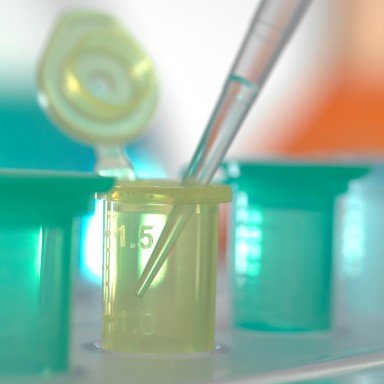

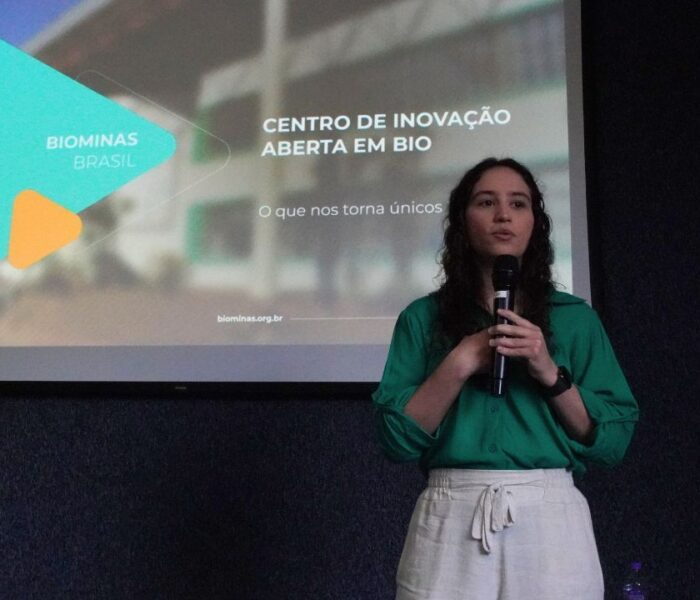
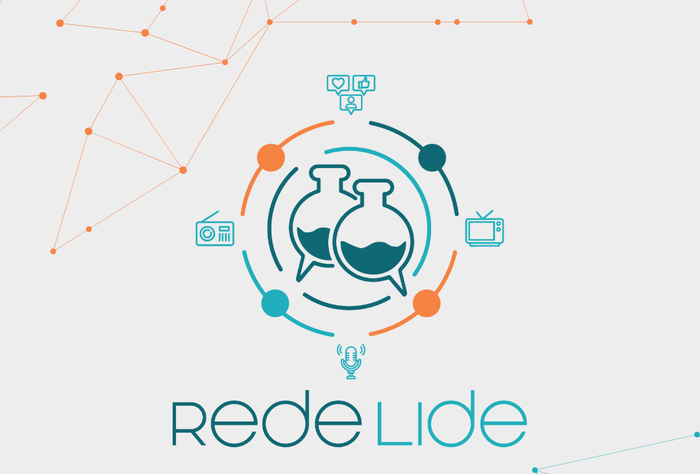
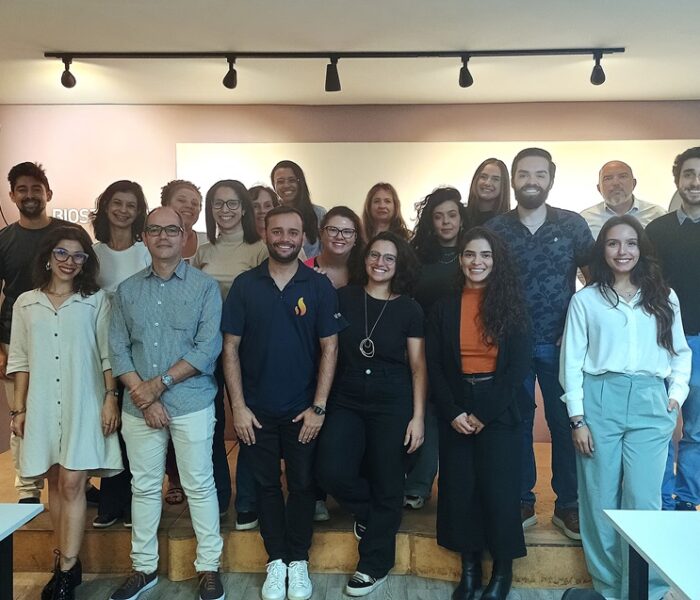
Deixe um comentário